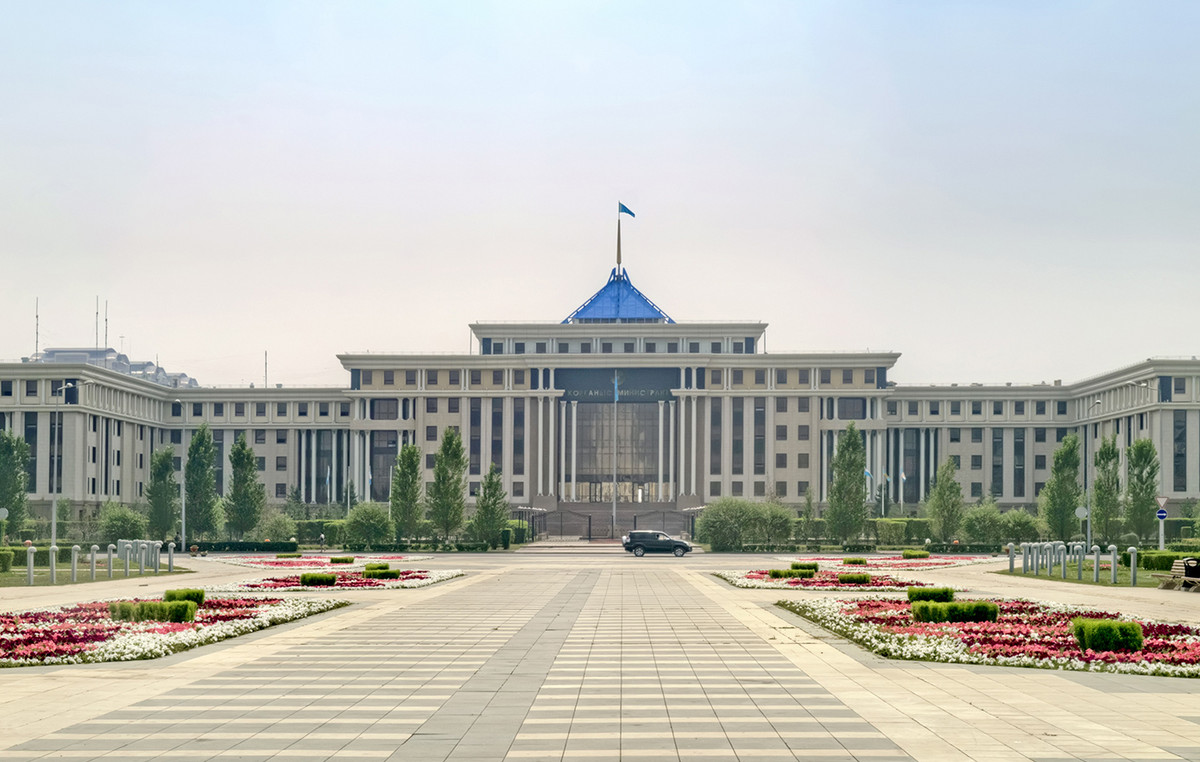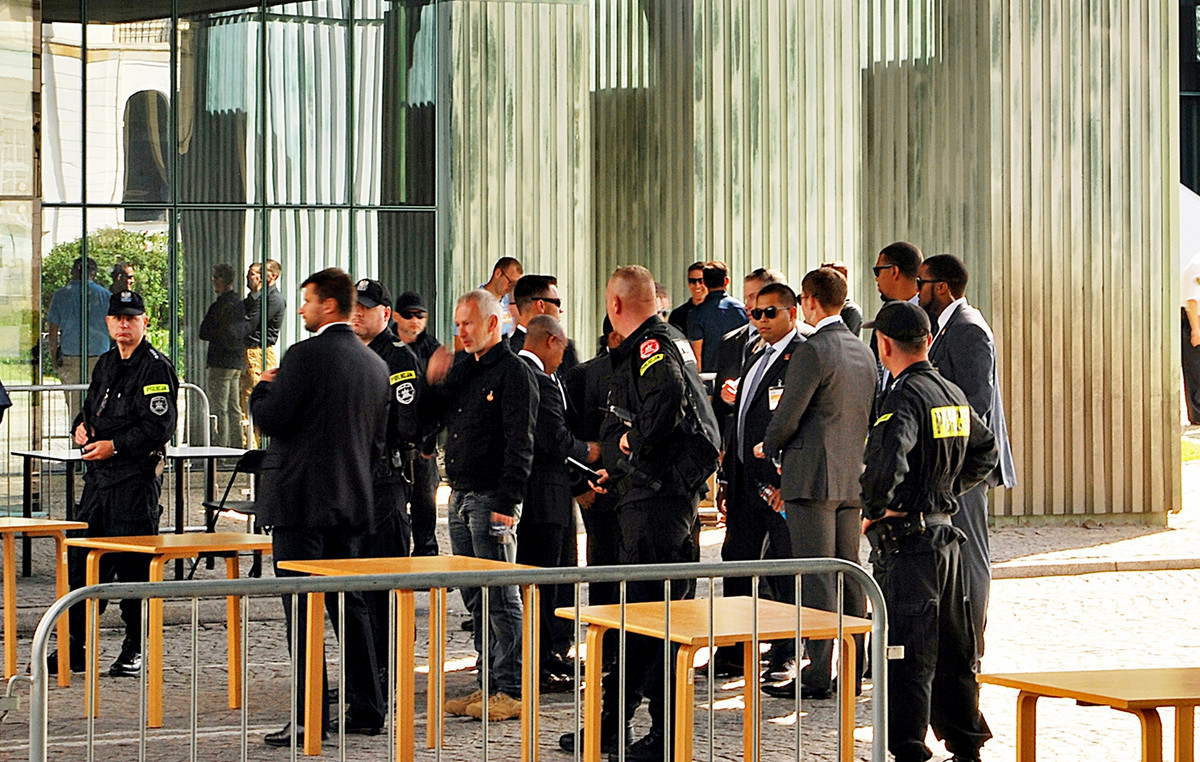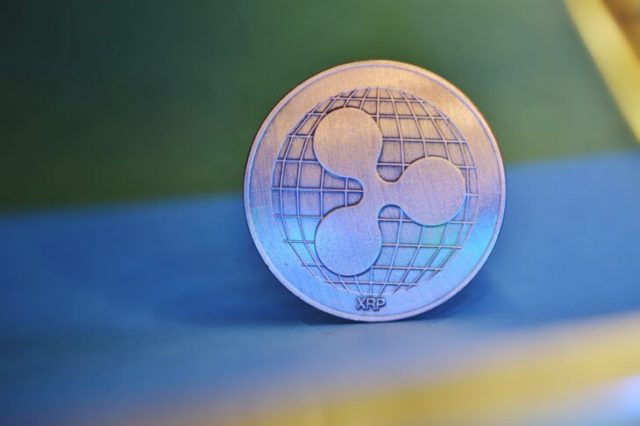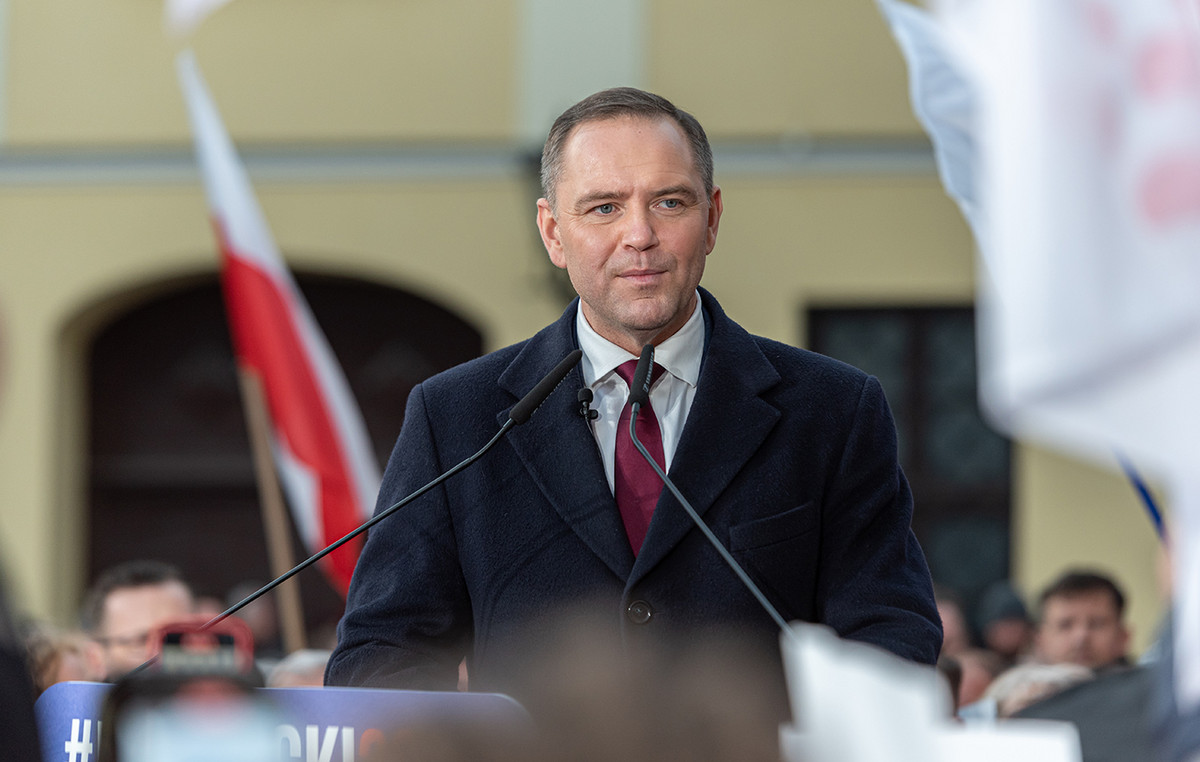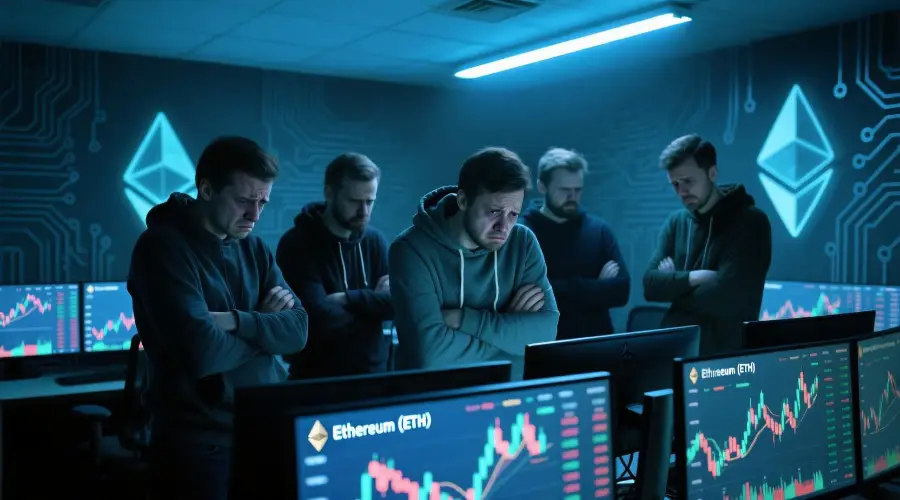President Luiz Inacio Lula da Silva began on Monday (24) a trip to Japan and Vietnam with eyes aimed at expanding Brazil’s relationship with Asia, in the midst of a thorny geopolitical scenario and commercial restrictions, especially in the United States.
In addition to trying to open specific markets in both countries, such as meat, enters the agenda of the trip to attempt to advance business agreements with Mercosur, with the intention of diversifying markets.
“There have been Mercosur-Japan meetings. Now we have to know what the next step is, which is to have a negotiation. We want to know if we will be in this conversation or we will have a de facto negotiation,” said Ambassador Eduardo Sabóia, Secretary of Asia and Pacific Itamaraty.
With Vietnam there is already de facto negotiations, but there is no schedule yet for an agreement.
According to a source heard by Reuters, this year Lula should turn his eyes back to Asia.
In the second semester, it is possible to enter the Malaysia and Indochina travel agenda, with a participation – if the invitation is confirmed – at the Summary Association of Southeast Asia (Asean) Association.
“In a world context that moves to trade war scenes, you look for alternative partners from our traditional markets is critical. So there is a strategy, this is the 2025 agenda,” the source explained.
According to her, another important element is “that international actors need to realize that Brazil will always seek to have options in their relationships. So, in Asia, we have not only China, we have other great partners.”
The very relationship with China, Brazil’s largest commercial partner, is not “crystallized” and despite the proximity to the country and the good relationship between President Lula and Chinese President Xi Jinping, Brazil will continue to seek more options, he analyzed.
In a moment of growing threats of commercial tariffs imposed by the United States, the search for new markets grows of importance, as well as the attempt to move in favor of multilateral trade, which should also happen on this trip to Japan.
“Both Japan and Vietnam and Brazil benefit from a world where trade is regulated by rules, by rules. In the case of Japan, I think the importance they give the World Trade Organization (WTO) brings us a lot. There will probably be a manifestation of support for a world where commerce is regulated by multilateral rules,” said Saboia.

For the ambassador, when important countries come together and support it, it helps. Showing a counterpoint movement to disaggregation trends, the ambassador added, without directly quoting the United States.
Shortly after Lula’s trip, the US government is expected to announce another round of tariffs that should directly affect Brazil, and may even include Japan, as US President Donald Trump has already threatened to include the country in a list of tariffs in the automotive sector.
Lula’s visit to Asia, this time, will be three days in Japan and two days in Vietnam.
In the delegation, 11 ministers, several deputies and senators, including the current presidents of the House and Senate, Hugo Motta (Republicans-PB) and David Alcolumbre (Union-AP), and the previous ones, Arthur Lira (PP-AL) and Rodrigo Pacheco (PSD-MG).
This content was originally published in Lula arrives in Japan seeking to expand relations in Asia on CNN Brazil.
Source: CNN Brasil
Bruce Belcher is a seasoned author with over 5 years of experience in world news. He writes for online news websites and provides in-depth analysis on the world stock market. Bruce is known for his insightful perspectives and commitment to keeping the public informed.

